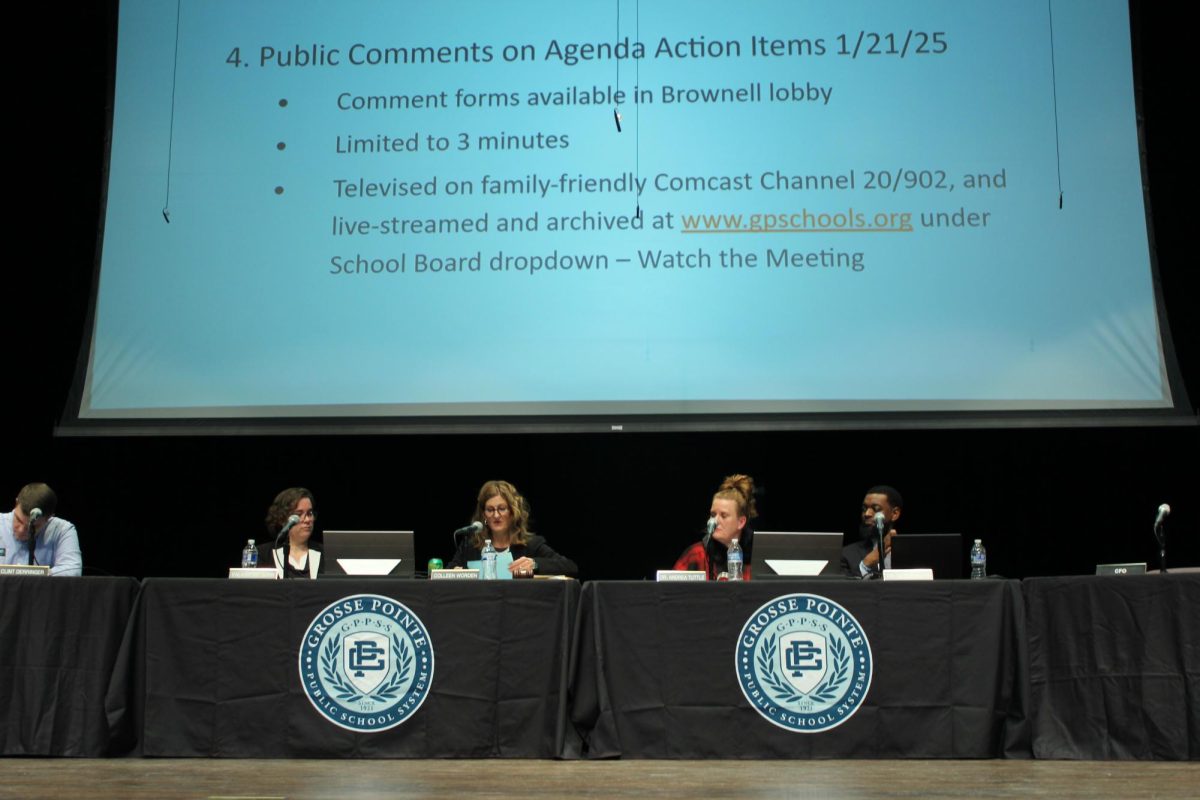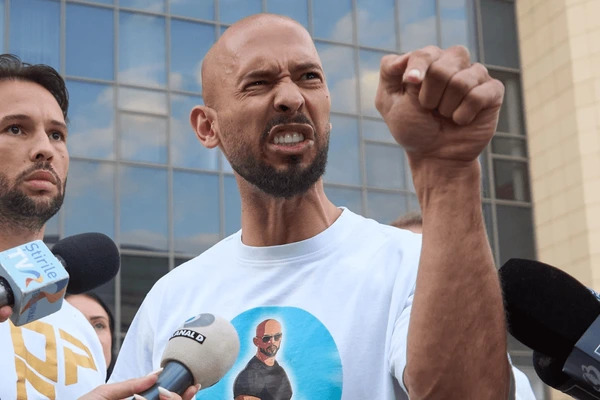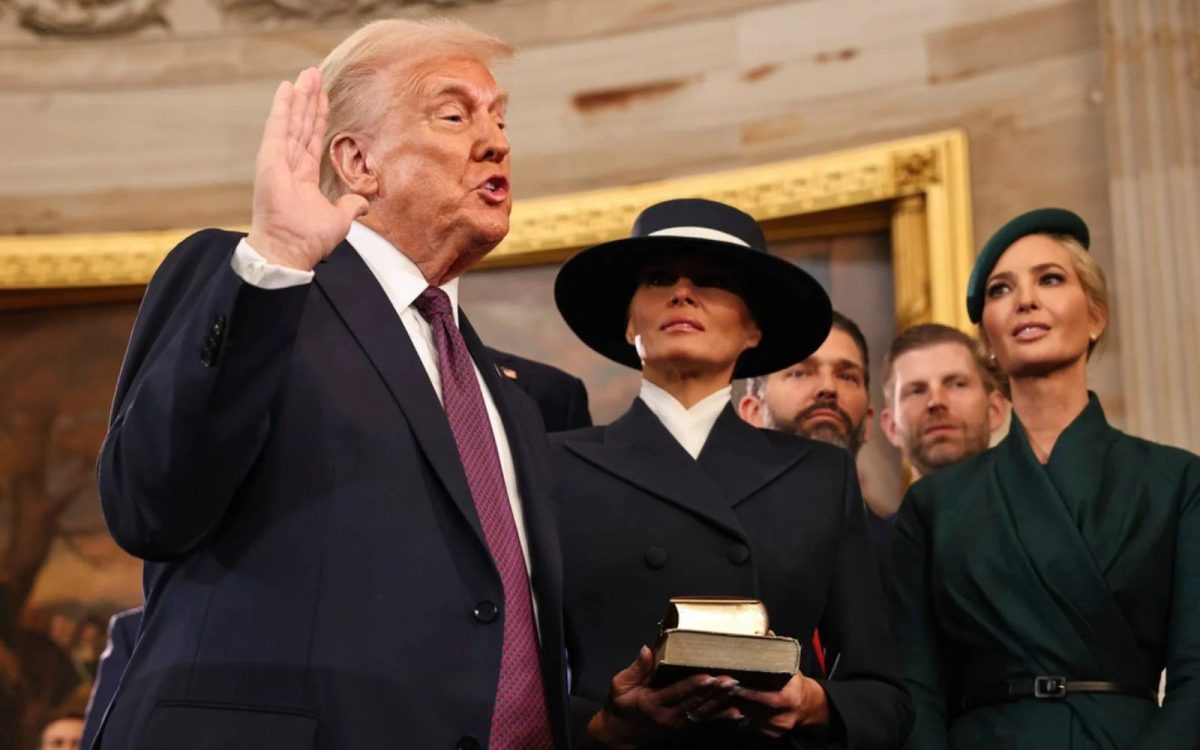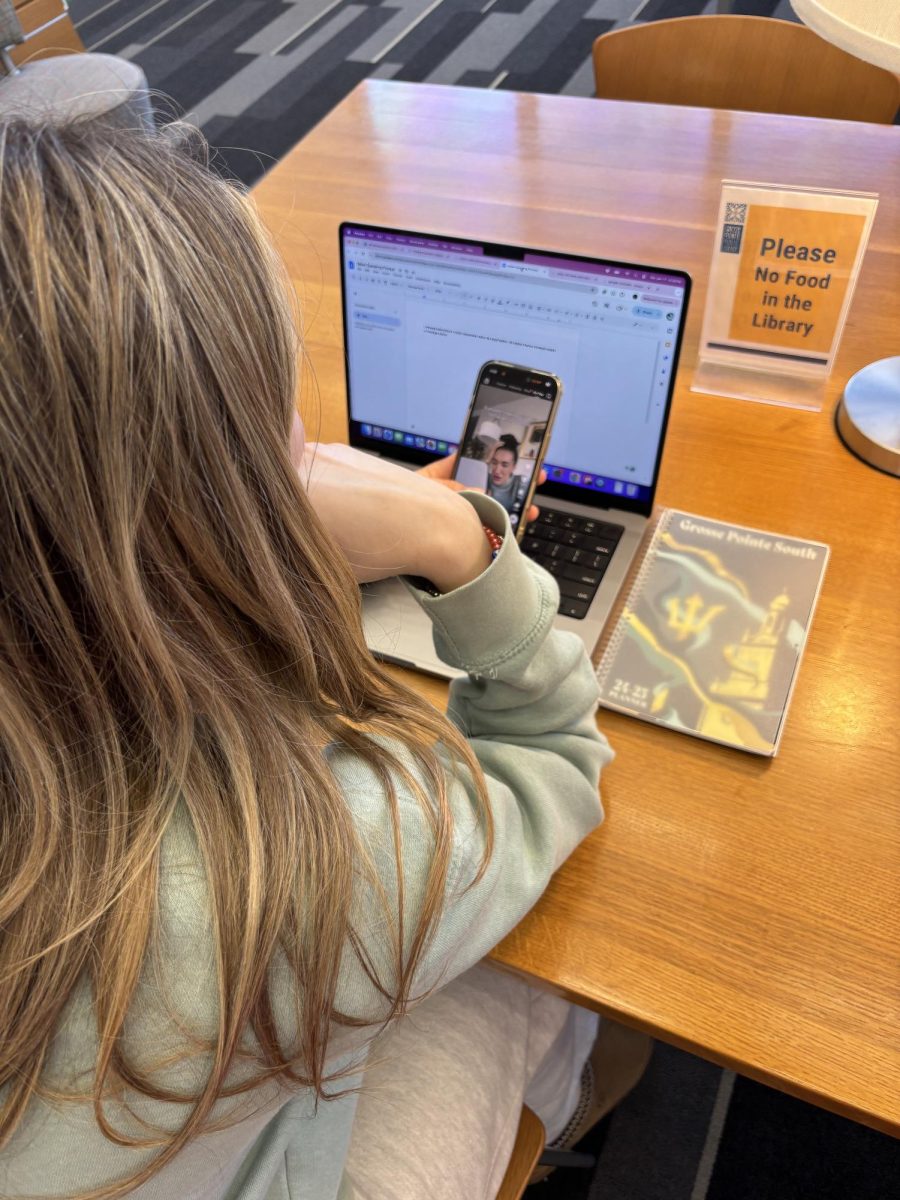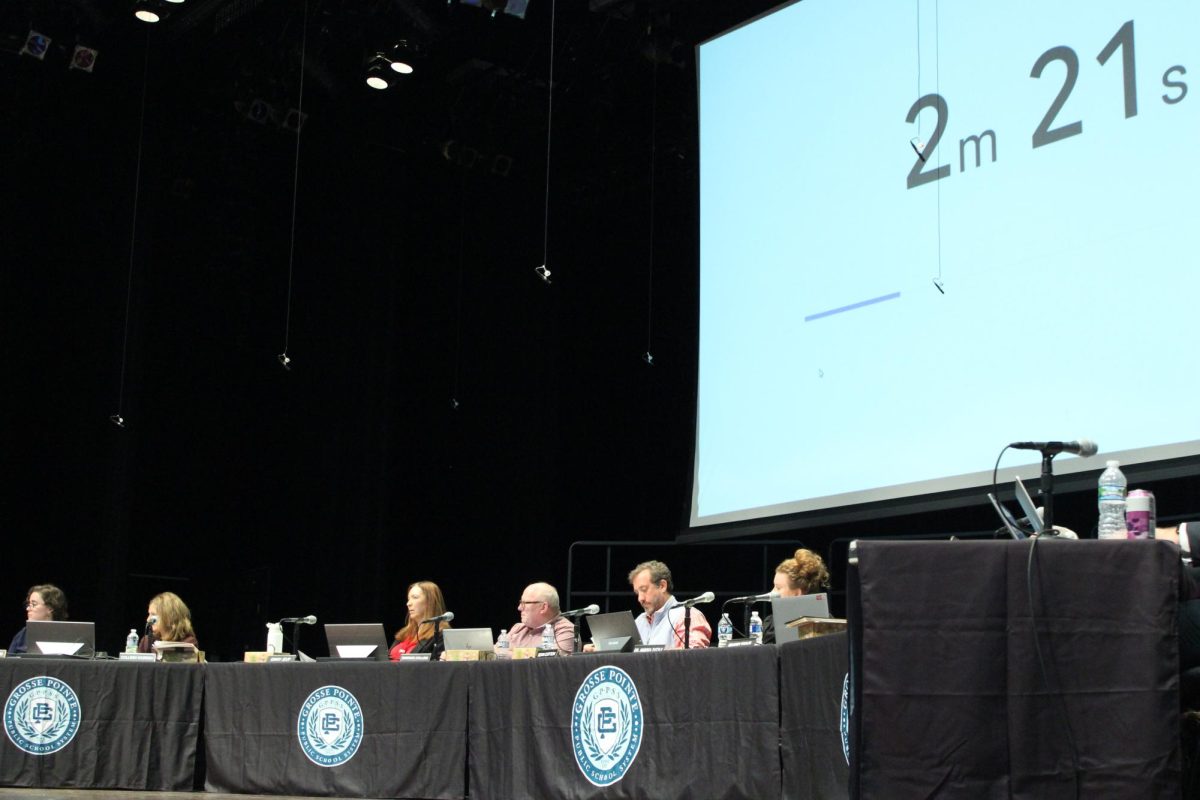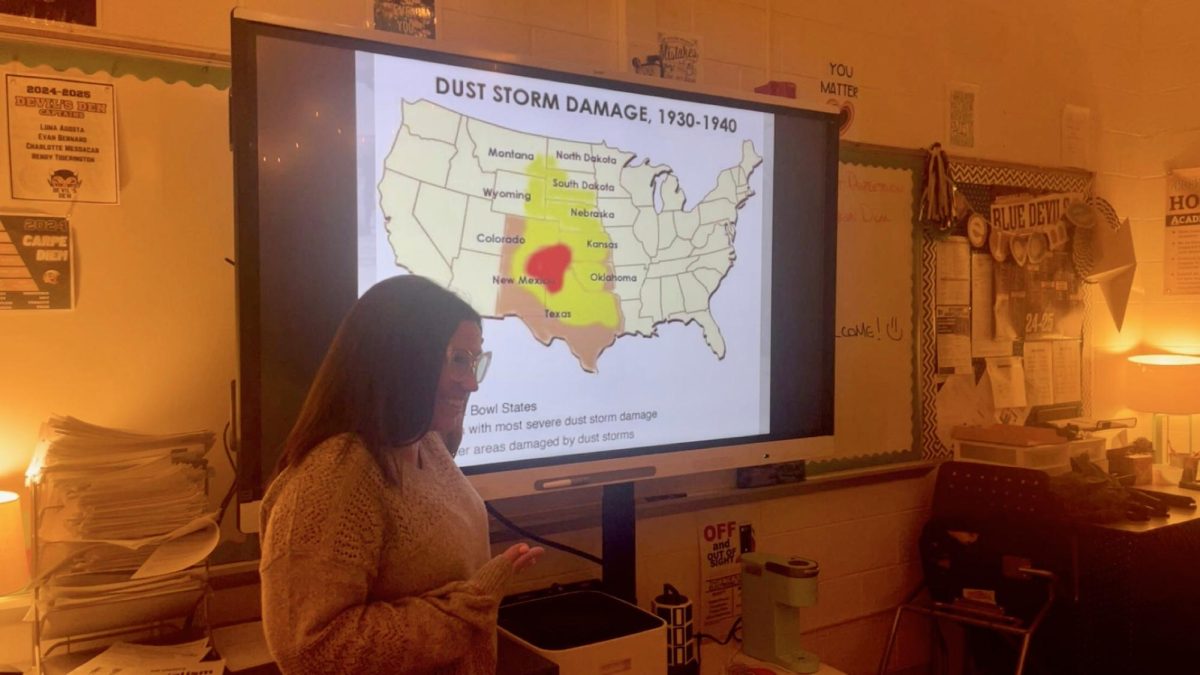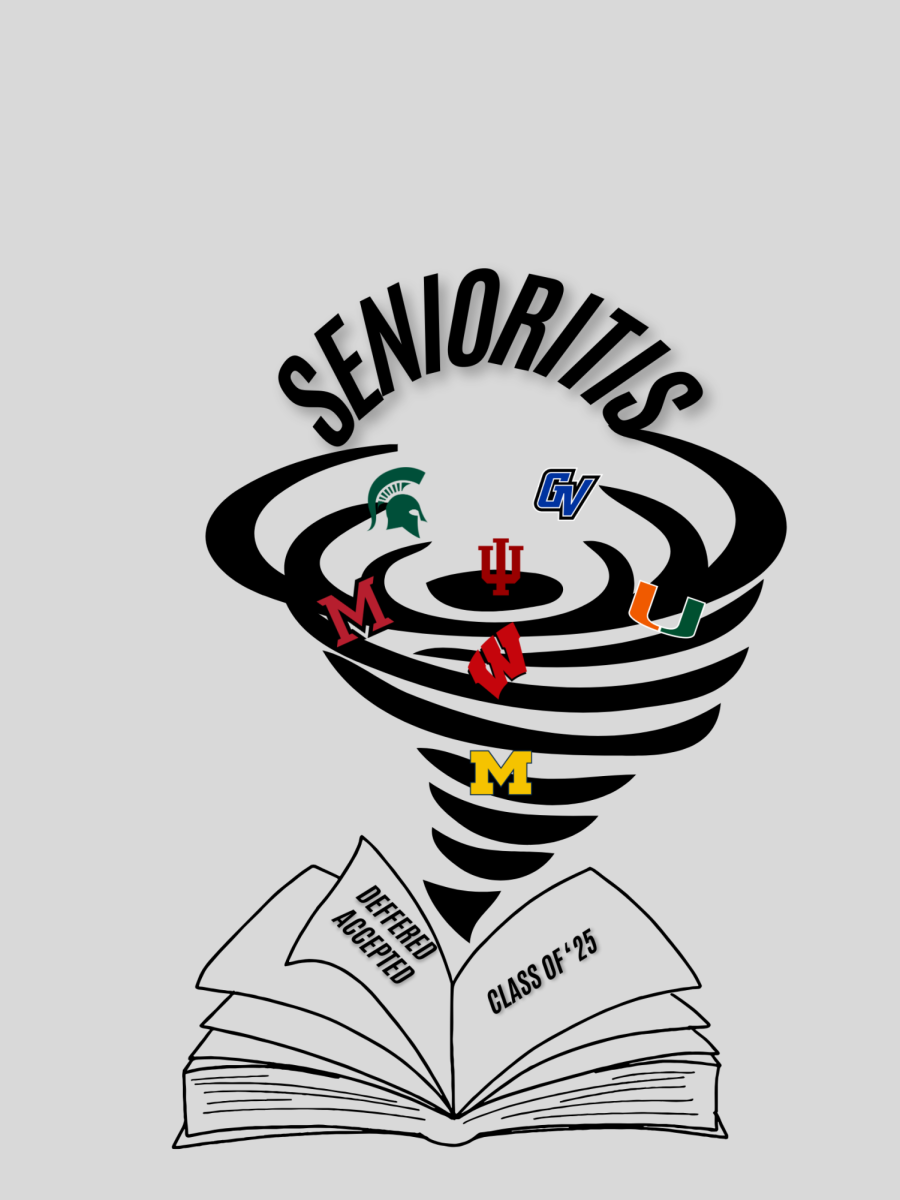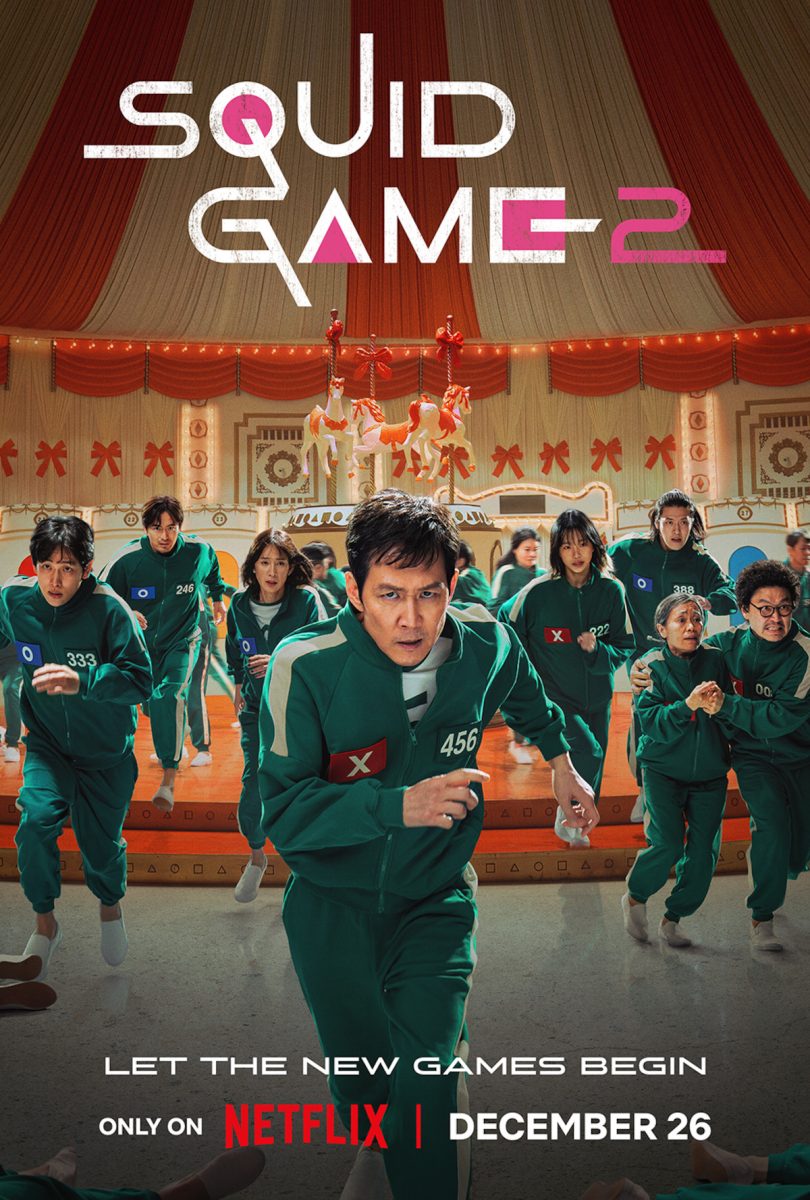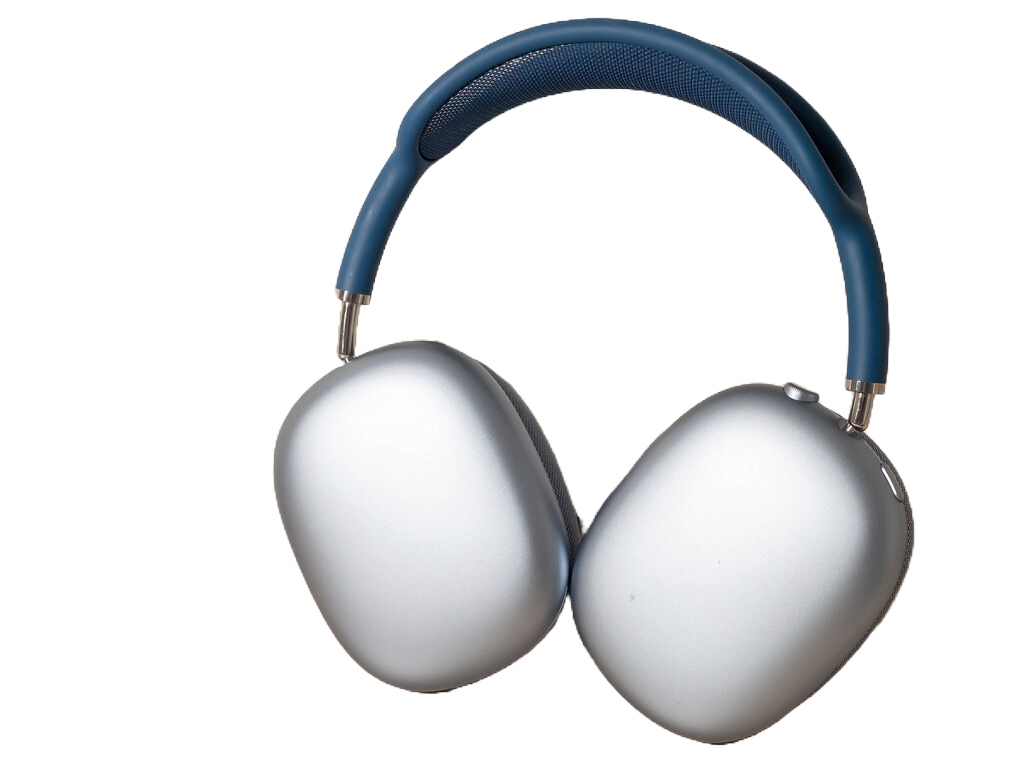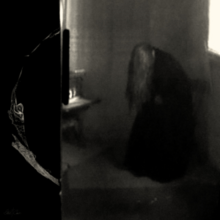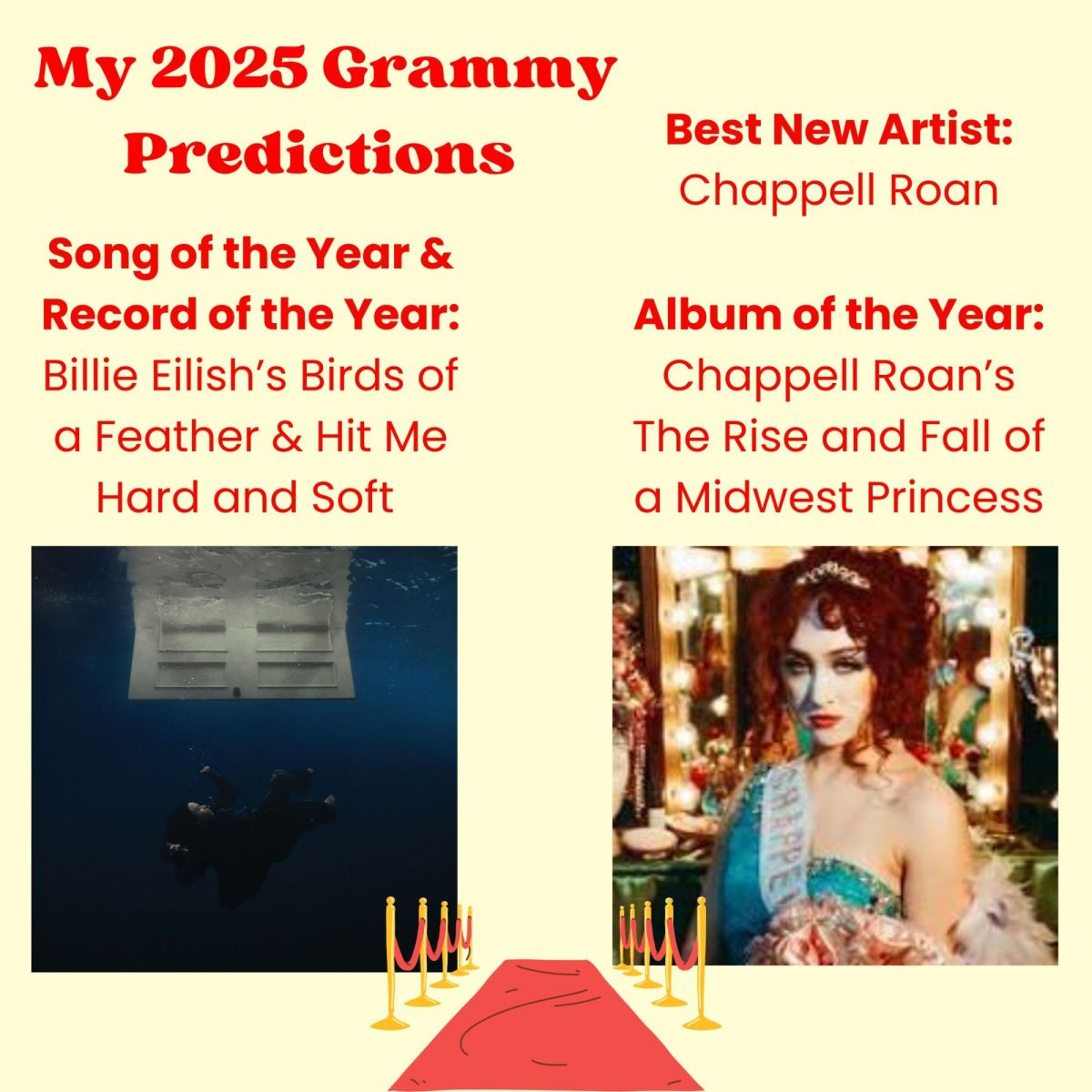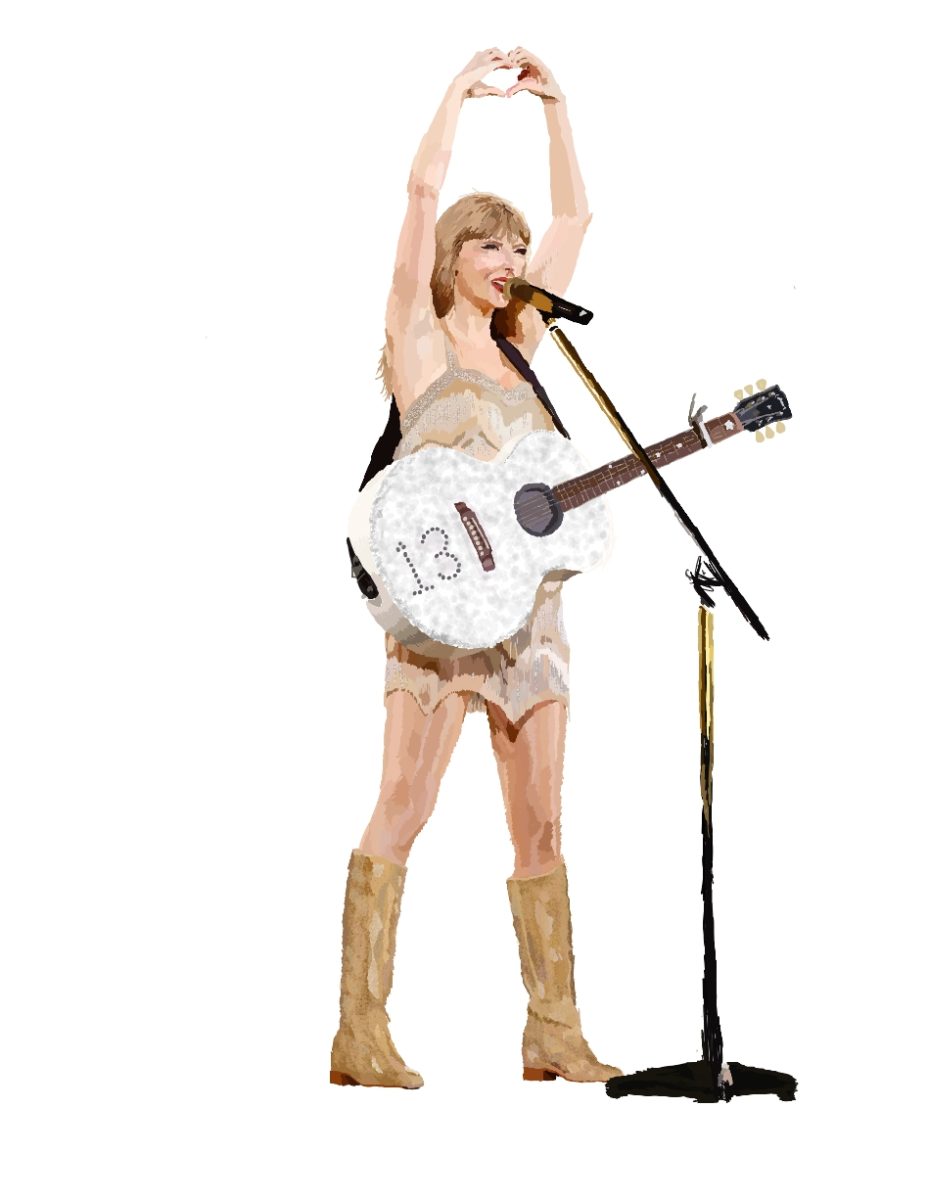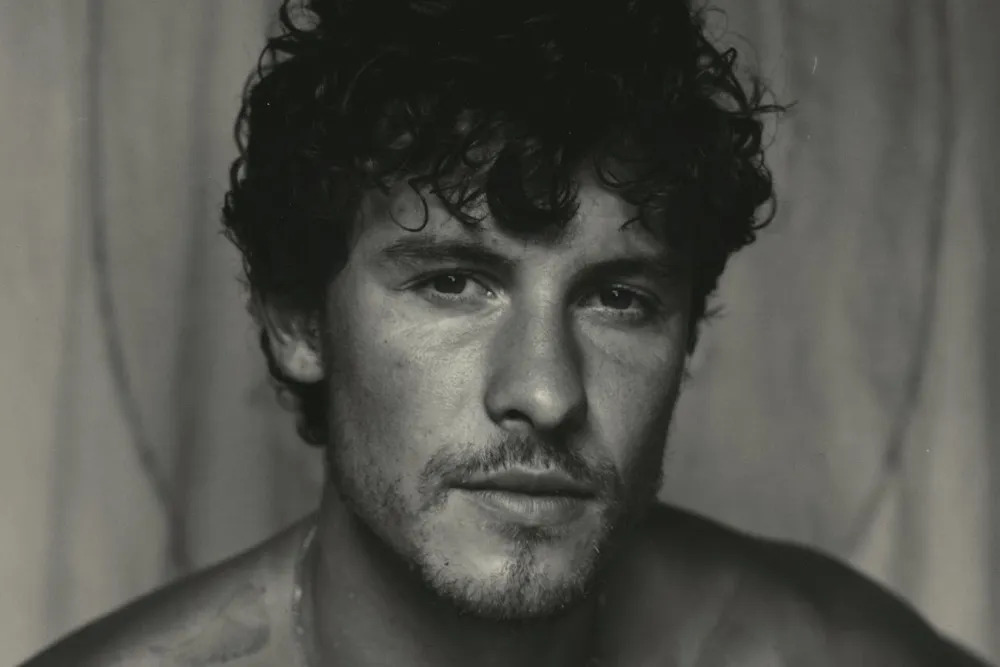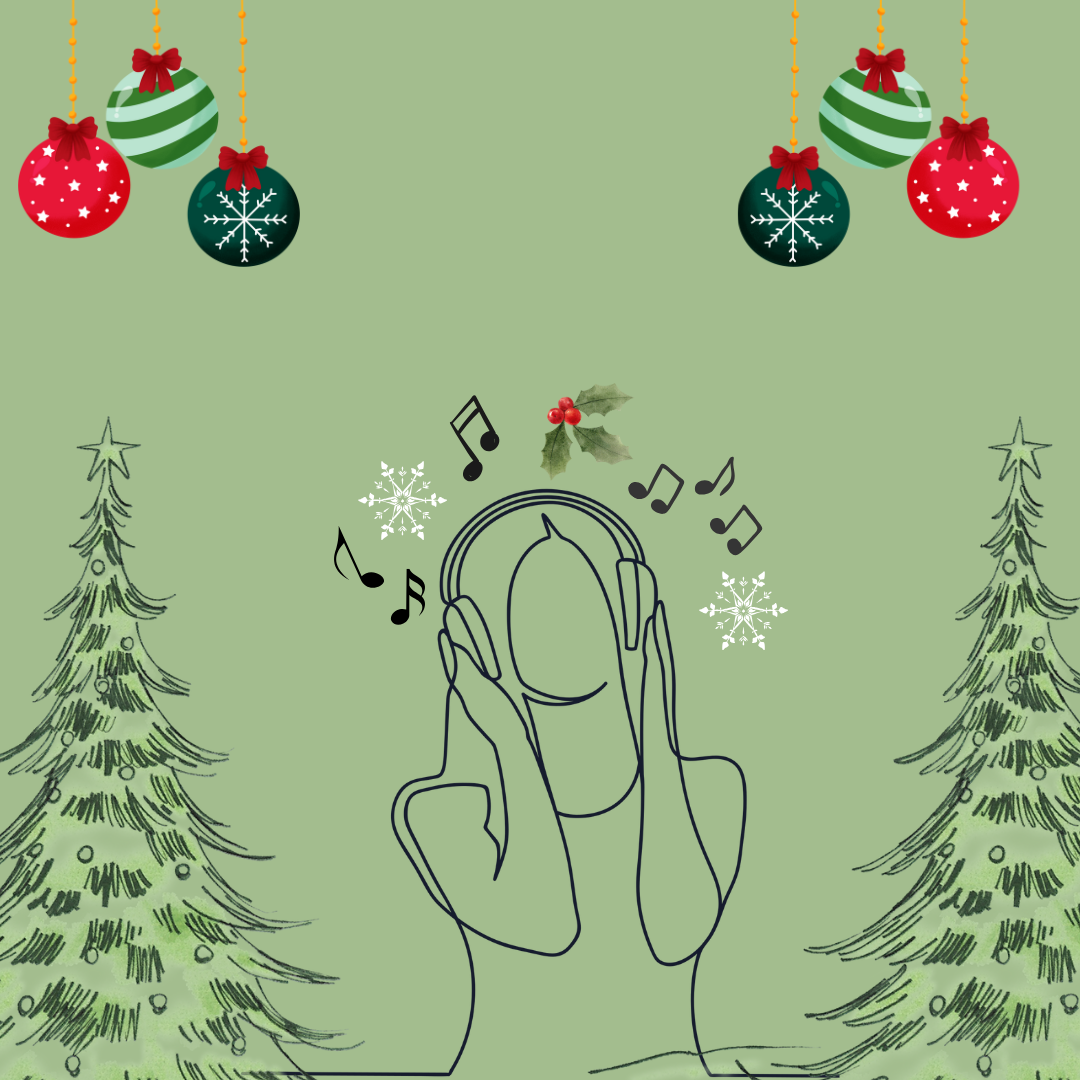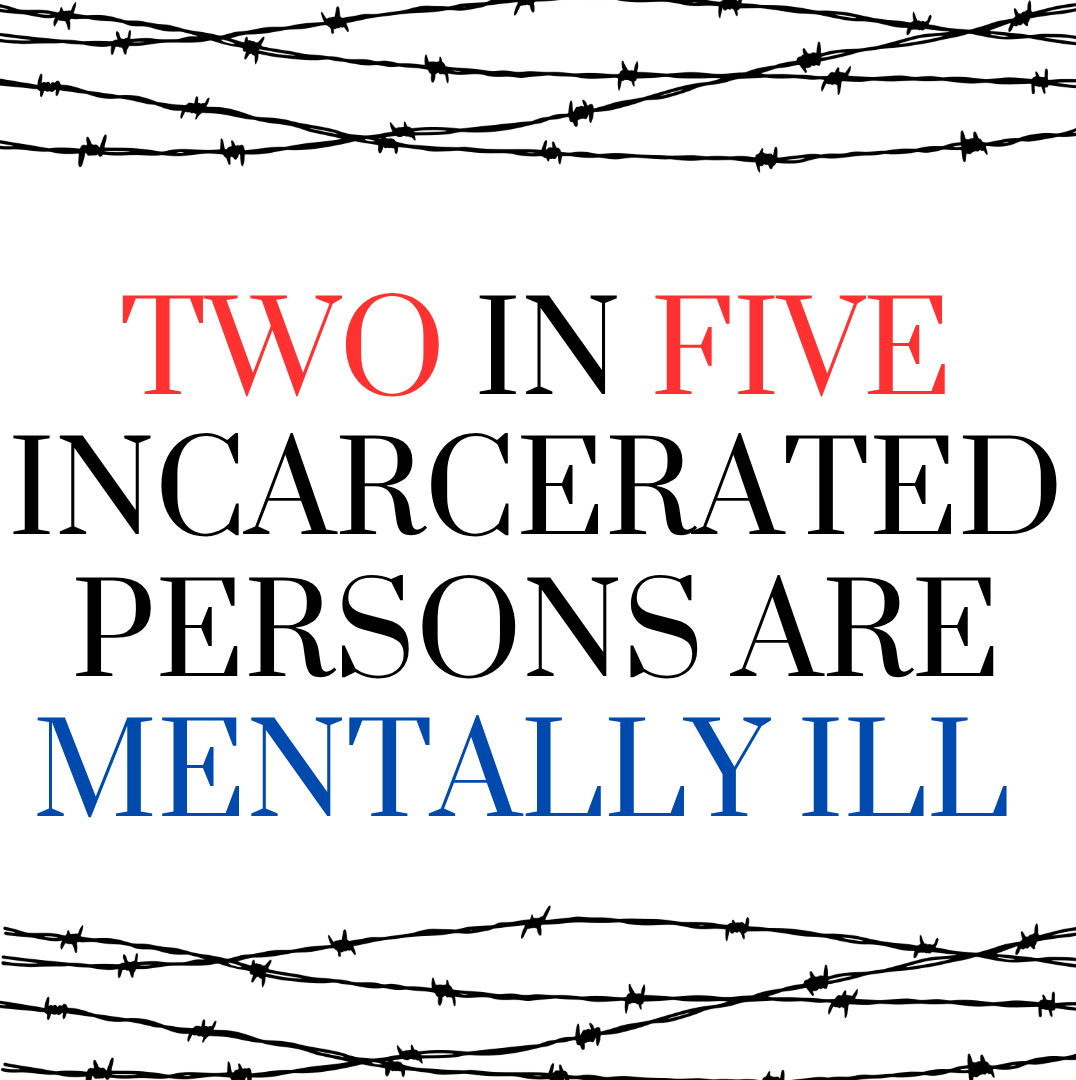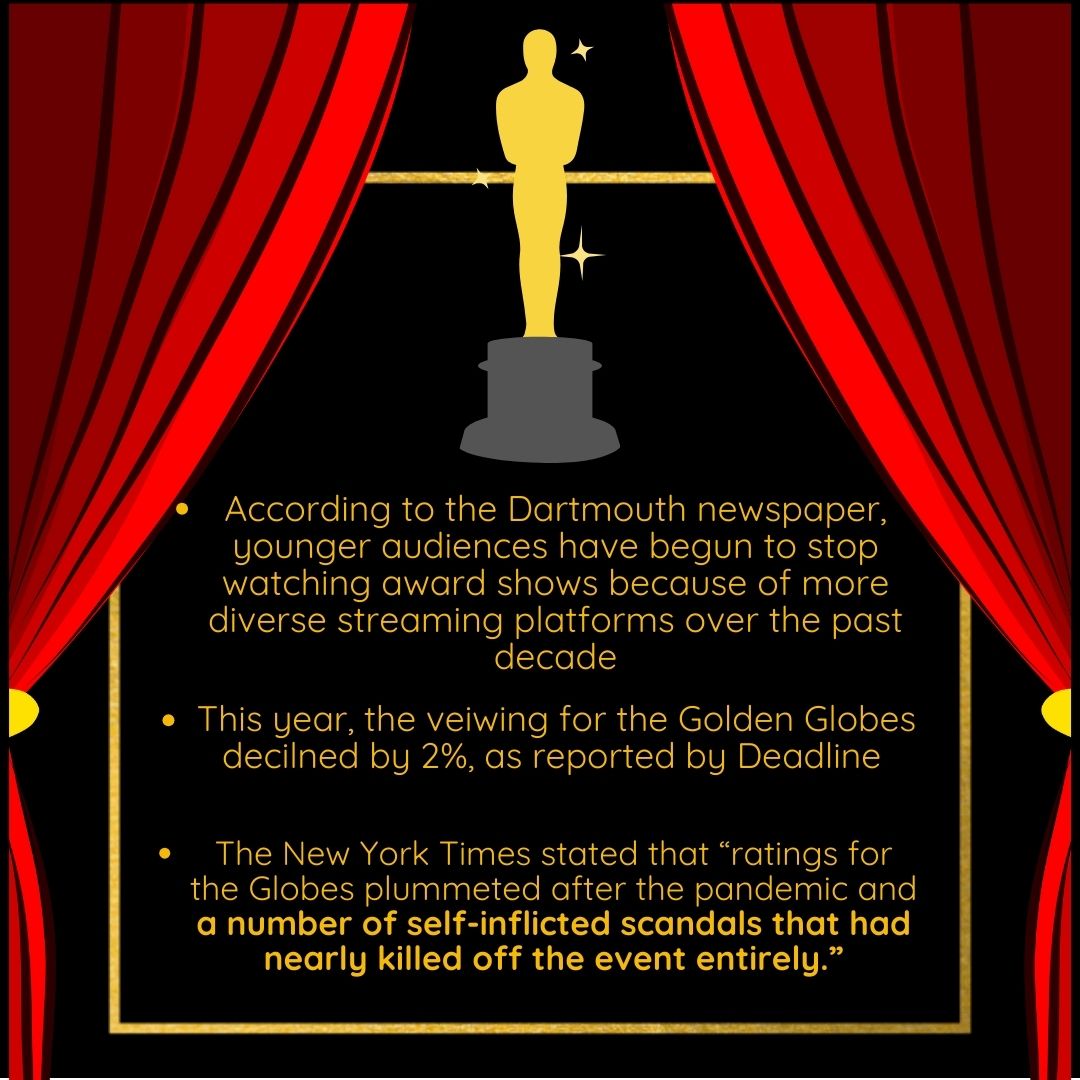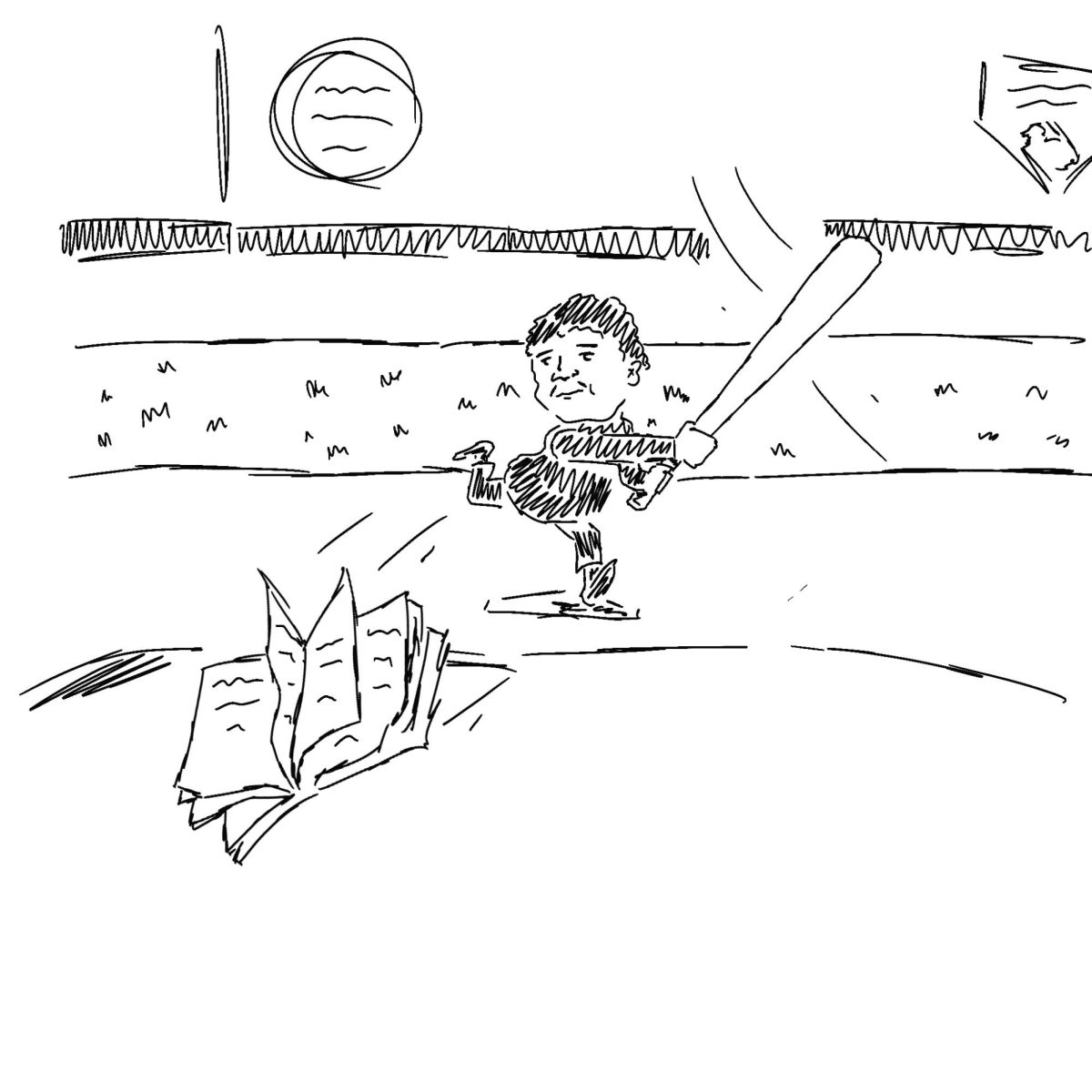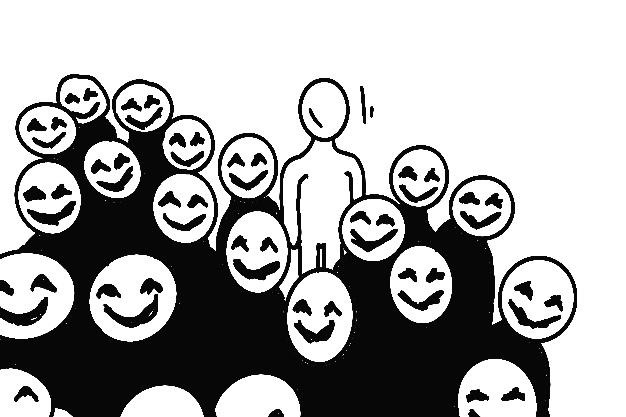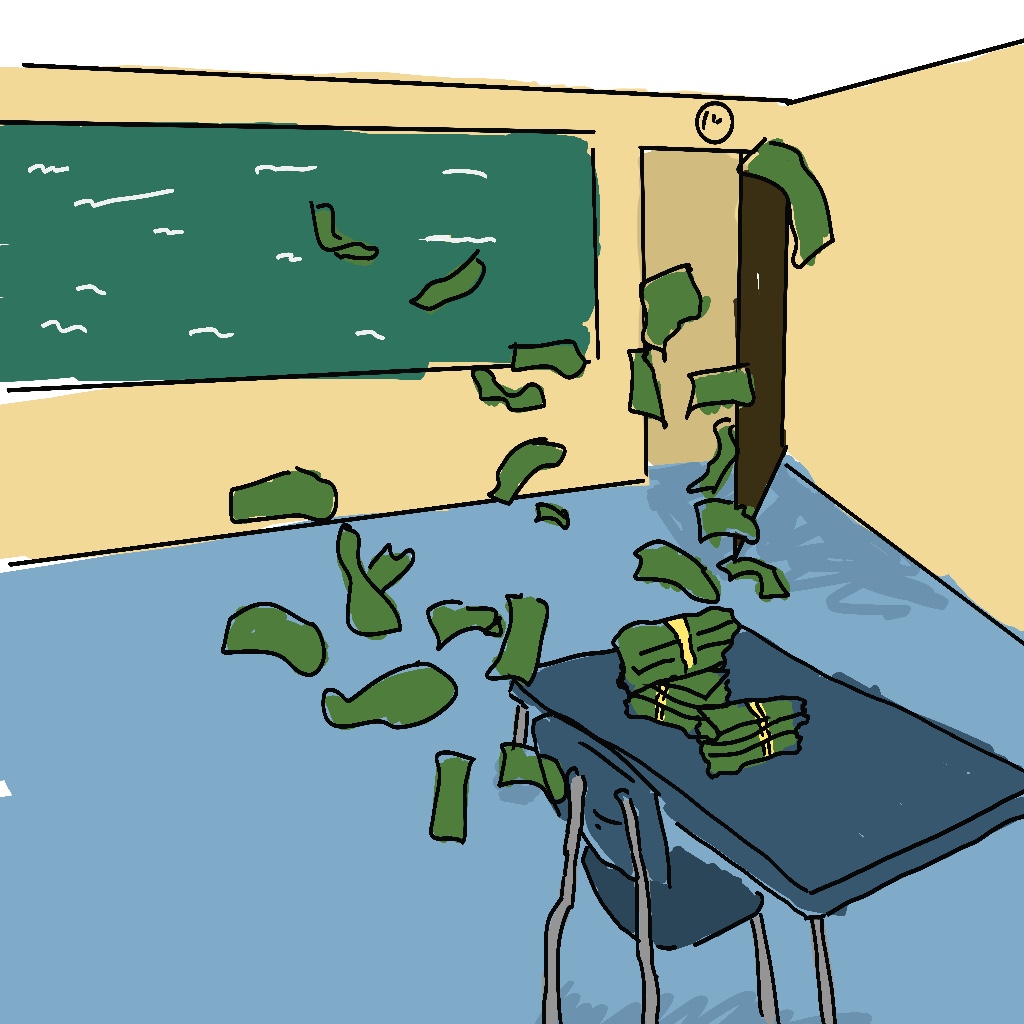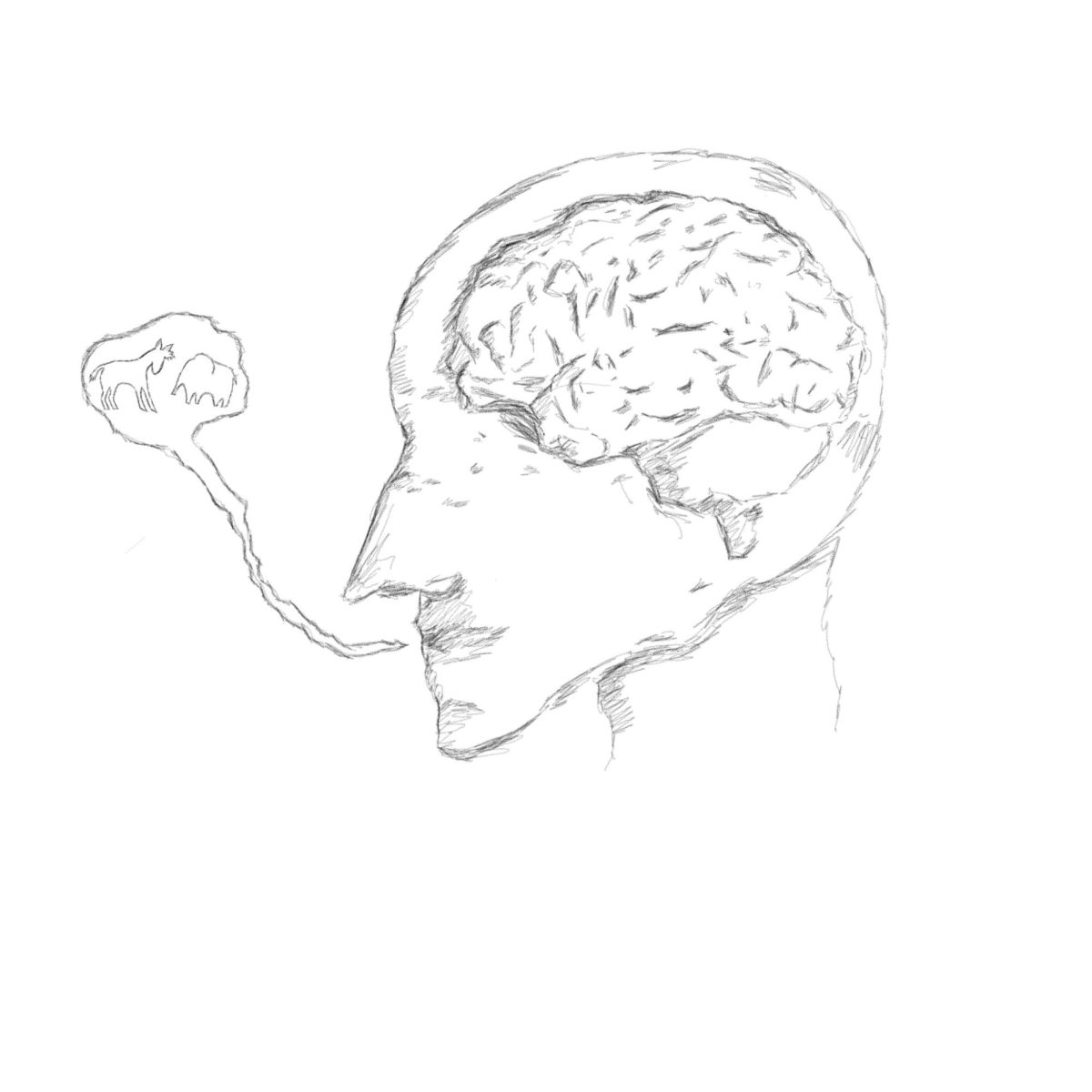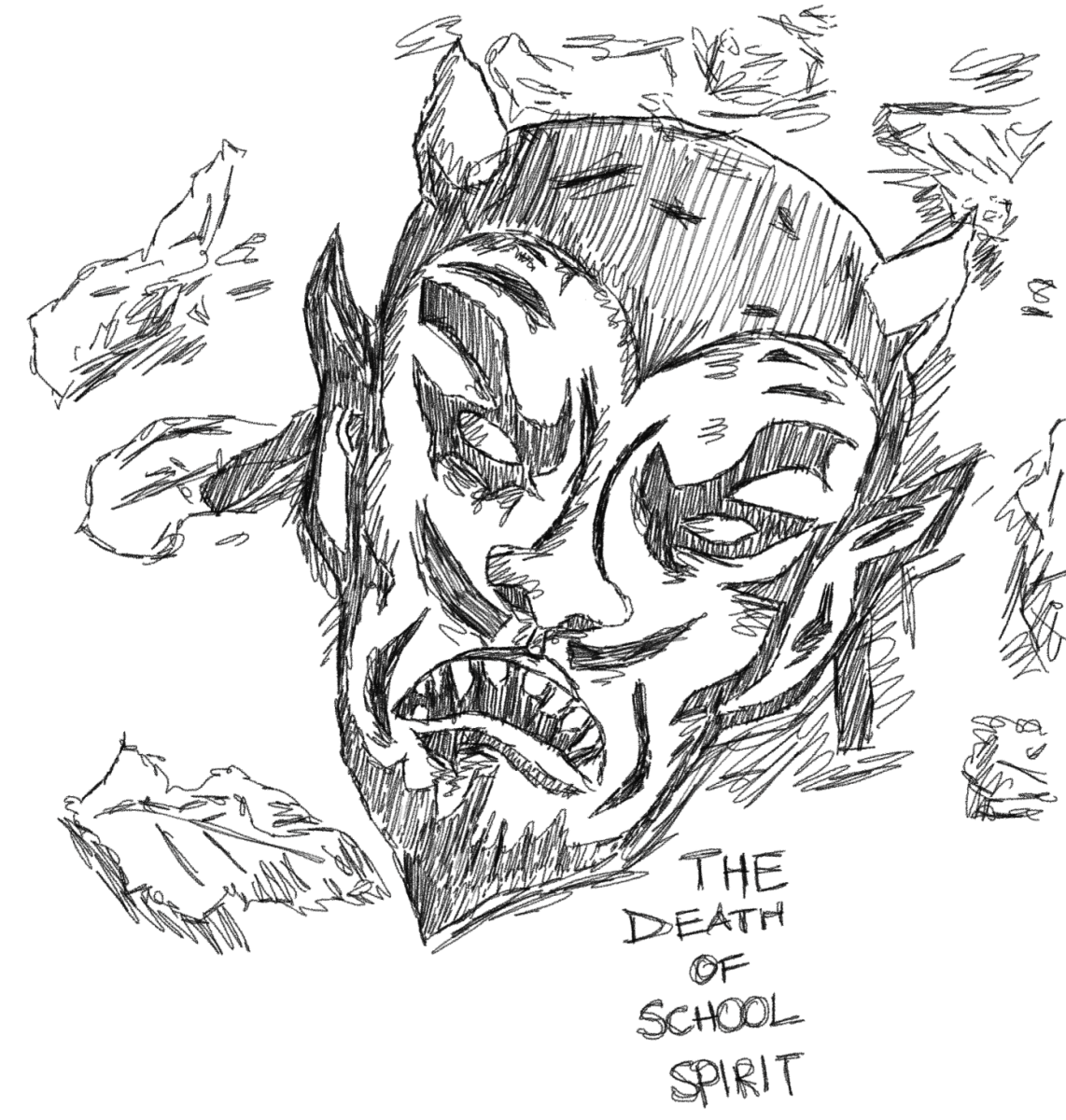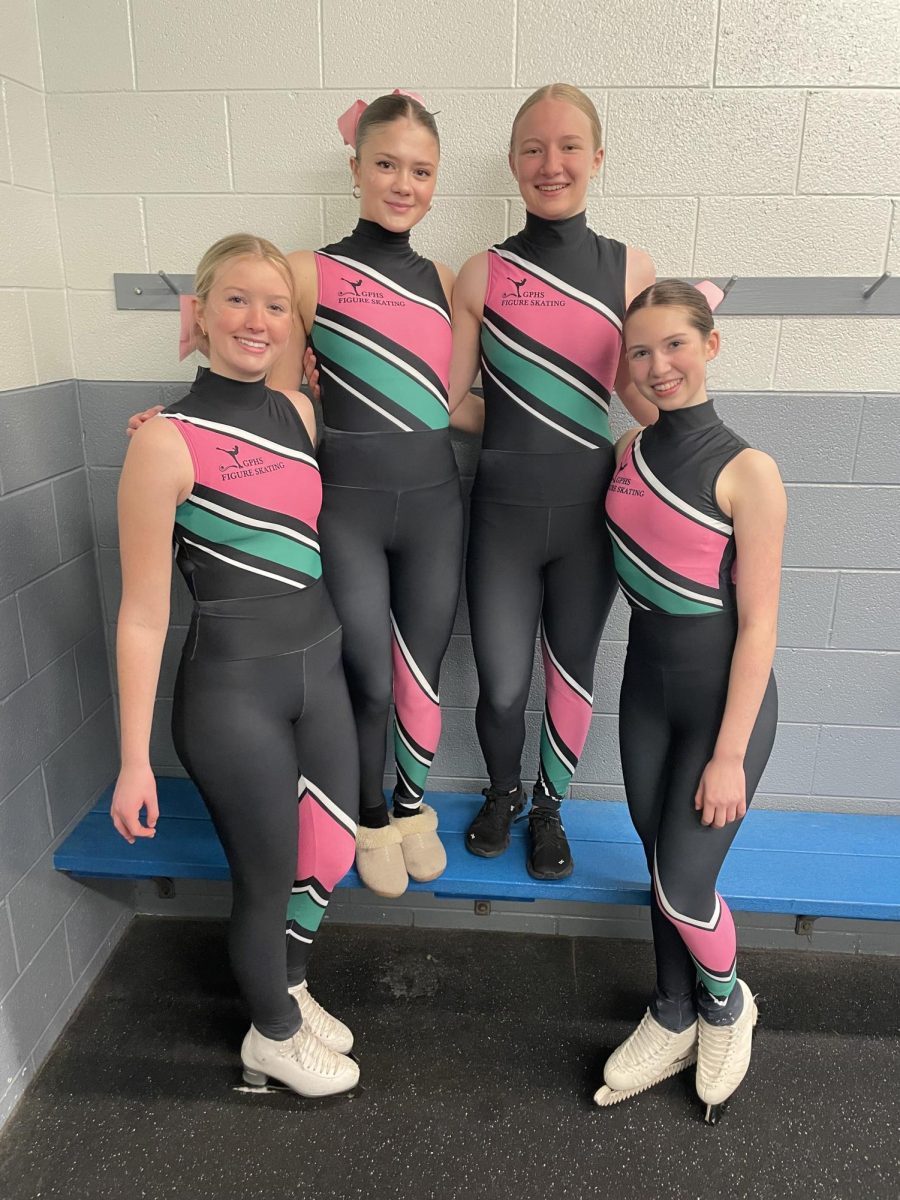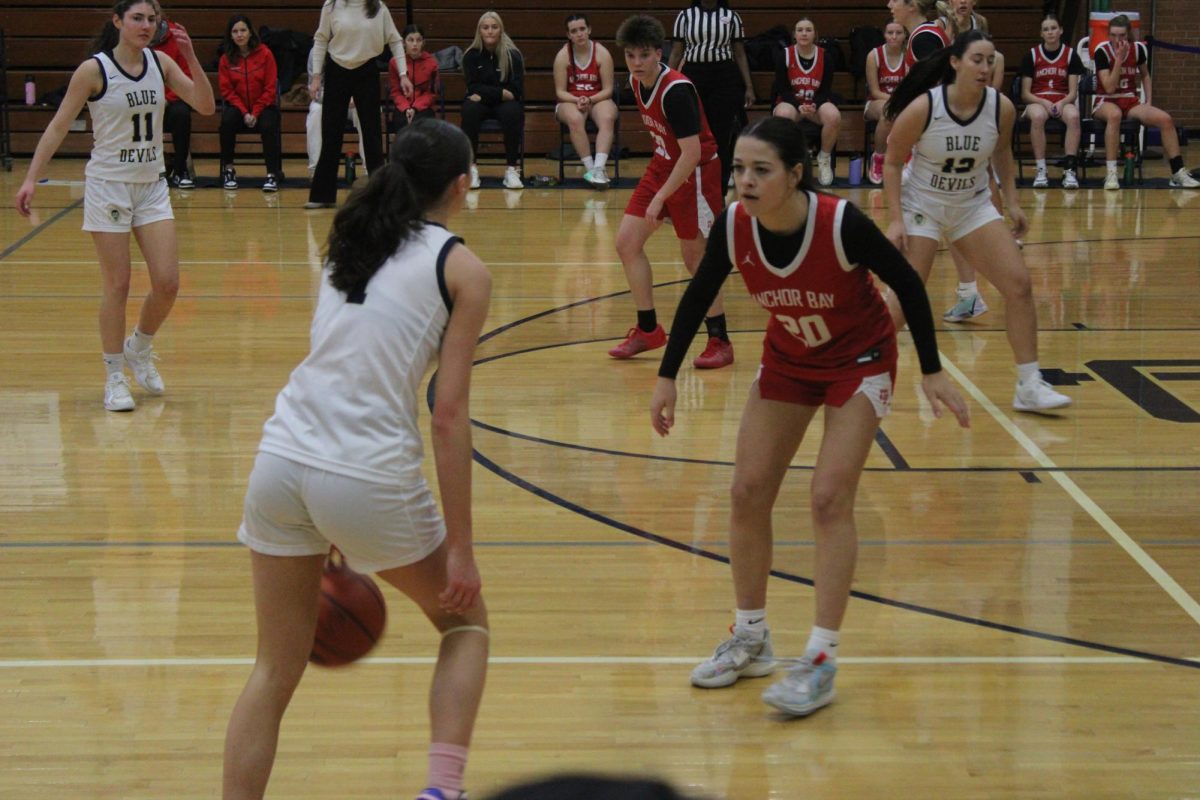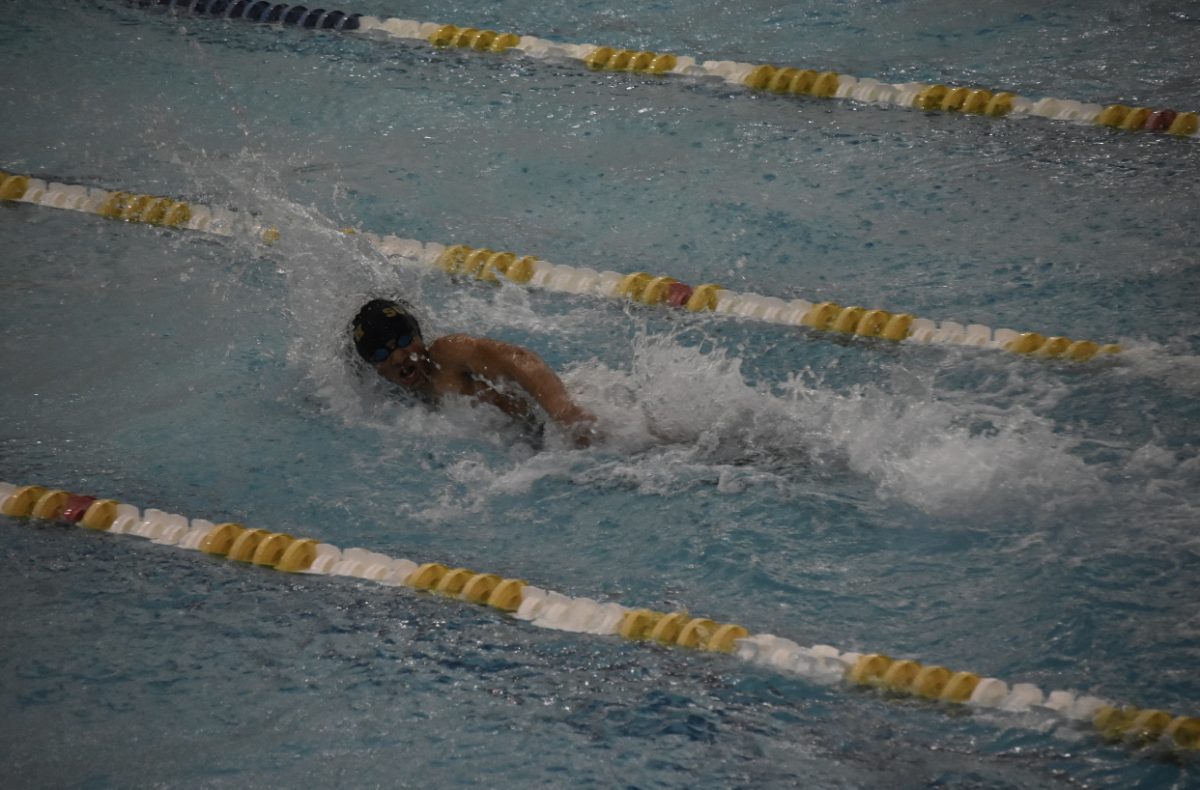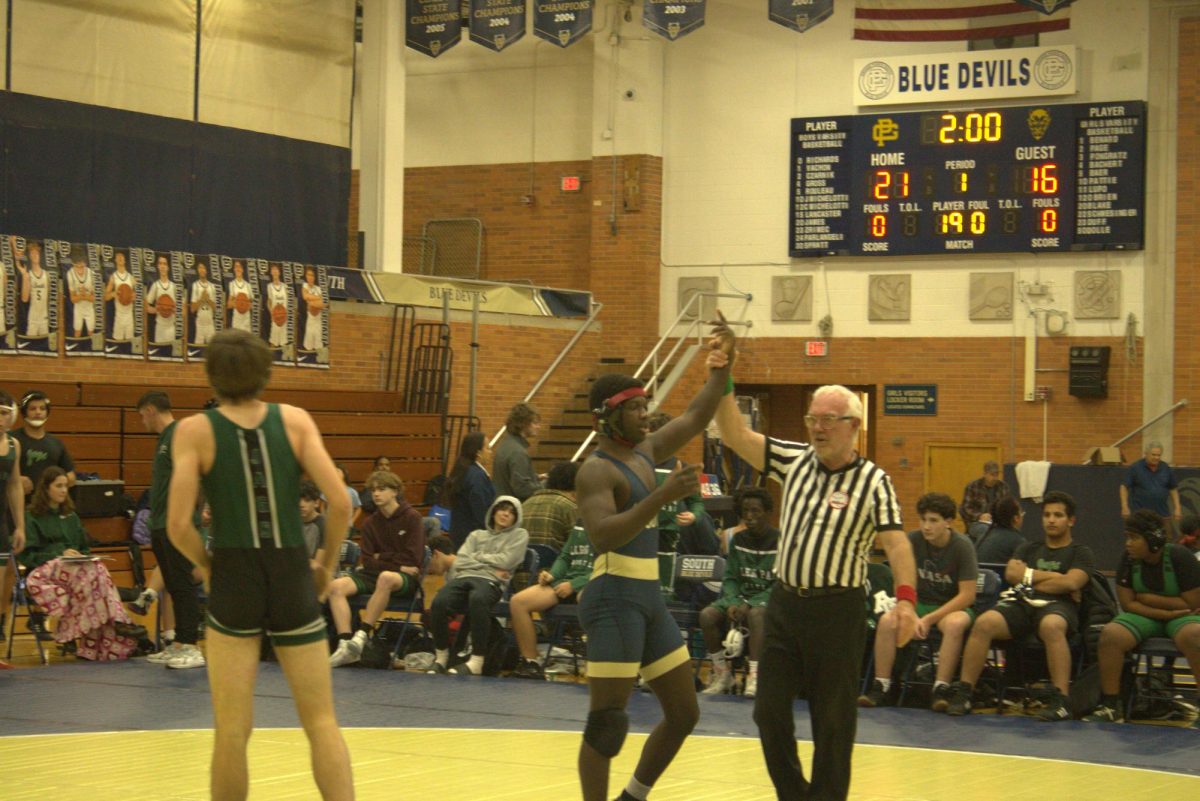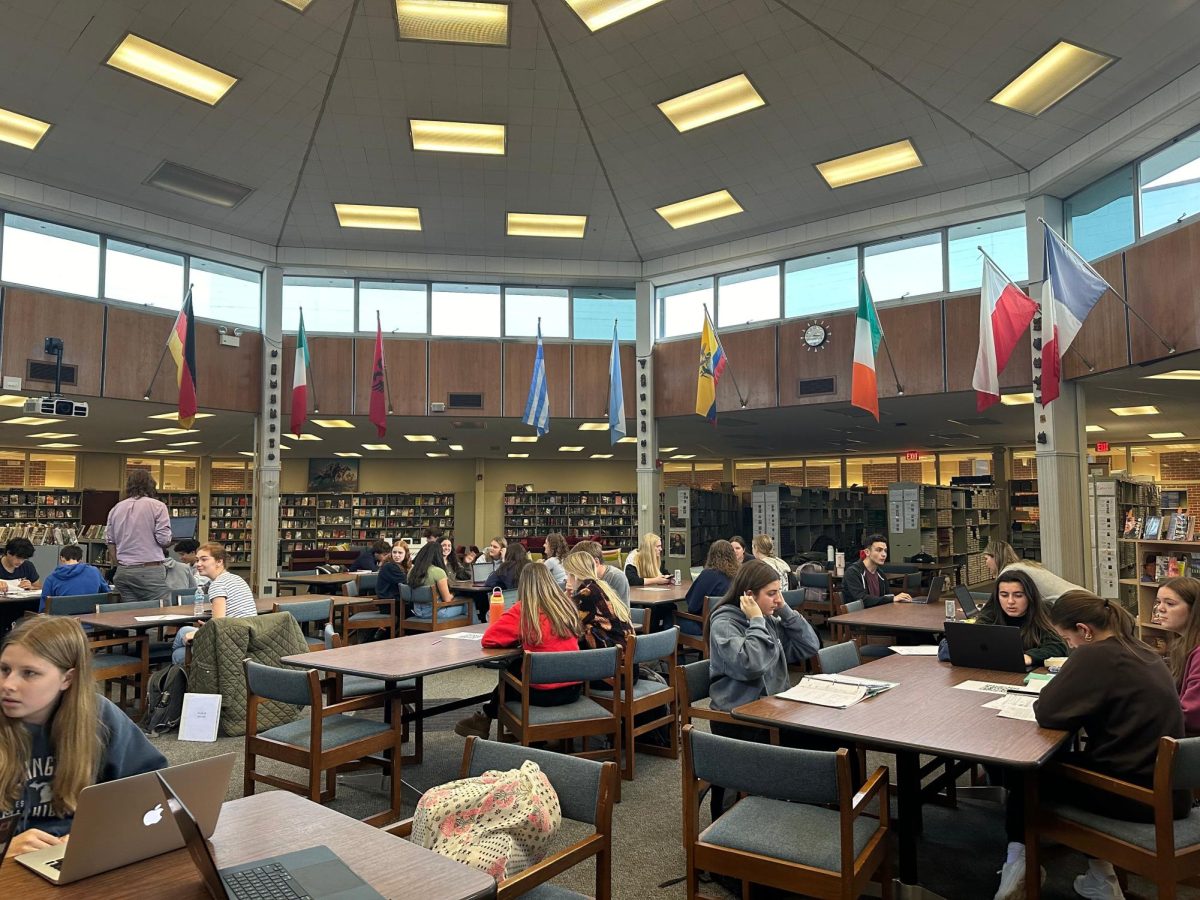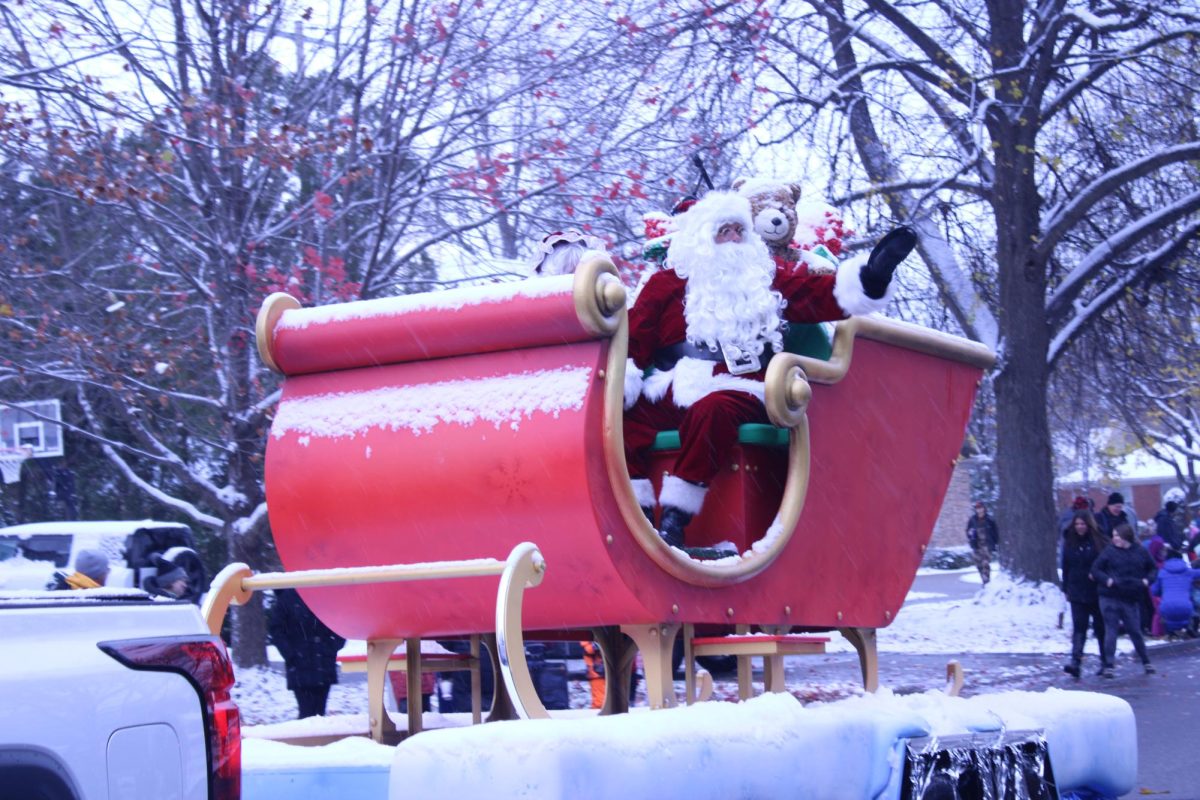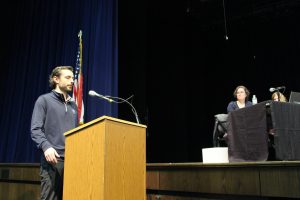“Never Have I Ever”-A misadvertised show misrepresenting Indian culture
May 26, 2020
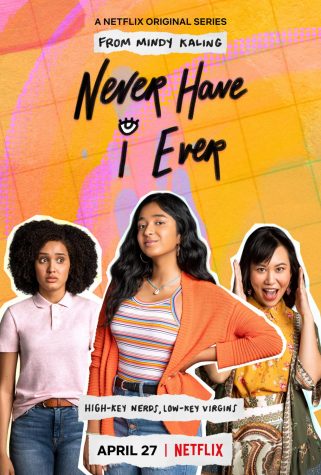 When I first heard Mindy Kaling herself was holding open auditions to cast a South Asian lead for her new show Never Have I Ever, I was beyond excited. There was finally going to be young South Asian female representation on the big screen. However, my excitement soon turned into disgust when I saw what was in store for the audience.
When I first heard Mindy Kaling herself was holding open auditions to cast a South Asian lead for her new show Never Have I Ever, I was beyond excited. There was finally going to be young South Asian female representation on the big screen. However, my excitement soon turned into disgust when I saw what was in store for the audience.
The show follows a sophomore in high school named Devi who lives in Sherman Oaks, California. Devi is a first-generation Indian-American and has a hard time balancing the culture she was born into and the one she grew up in. There are a few different situations where the show actually gets the struggles of a young Indian female in America. They show the cultural difference between parents and children and fear many young children have to embrace their cultural differences, especially in school. Unfortunately, the show did more bad than good.
Instead of possibly finding one personal story about a first-gen from the millions in America, Mindy decided to keep it general, which opened the gate to every stereotype I hoped would not be in this show. From the “perfect” grad student cousin (who is getting arranged married) to the spiteful aunties at religious ceremonies, the show only represents parts of the Indian culture but in a very exaggerated manner. Since it is a comedy show, I understand their approach to adding a few stereotypes, but instead of debunking them, they indulge in them and further reinforce the Indian stereotypes instead of creating a more accurate depiction of the culture.
Another thing they over emphasized is the sex and party culture and how Devi would do anything to be more involved in it. Obviously, that is a part of high school and life in general, but I was disappointed to see that took up a majority of the script during the show. The exploration of the culture Devi was rejecting or the issues she had with herself or her family after her father passed away are overshadowed by more trivial issues that many Indian-Americans don’t even think about at her age.
The production of the show was of good quality, though. The cast did a superb job bringing the characters to life which made the script believable. However, the show was advertised as an accurate representation of what Indian-American females go through in high school, which is not the truth. I binged the show, with 10 episodes, in a day, but not because of the riveting or accurate plot but to see how the show would pan out, so at the end of the day it was entertaining. It was a funny show, which it successfully accomplished as a comedy. However, this was no different from all the other comedies with similar topics. There was nothing game changing about this show, except for false advertisement. They promised to show true Indian culture and immigrant struggles to their audience but failed to do so. As an immigrant myself who grew up in a majority white community like Devi did, I can say a lot of what they said many girls face today was not accurate to my life or of the life of tens of girls I’ve spoken to.
Overall, I would give the show a 5/10 as they accomplish their goal of being a comedy but fail to represent Indian-Americans genuinely. If you are going to watch this show, take everything with a grain of salt and watch it for the comedy or the acting but not for the way first-generation Indian-Americans’ lives are portrayed.

